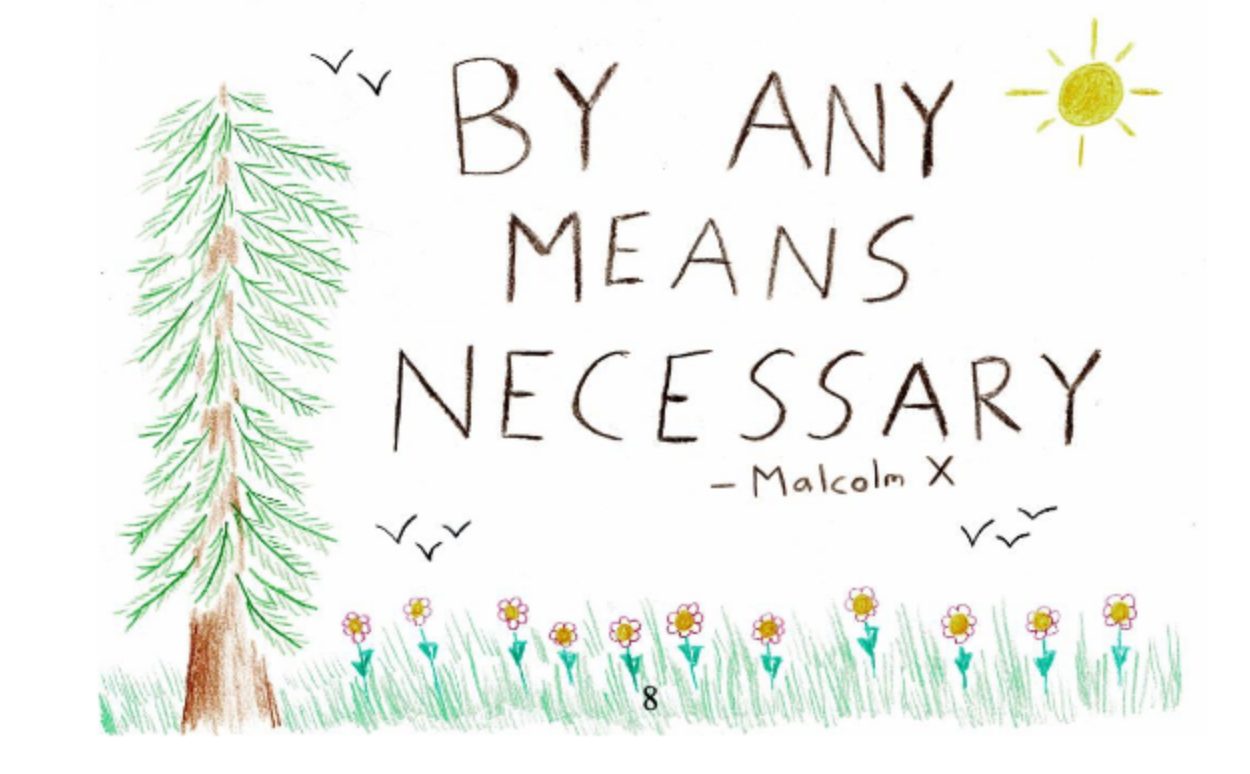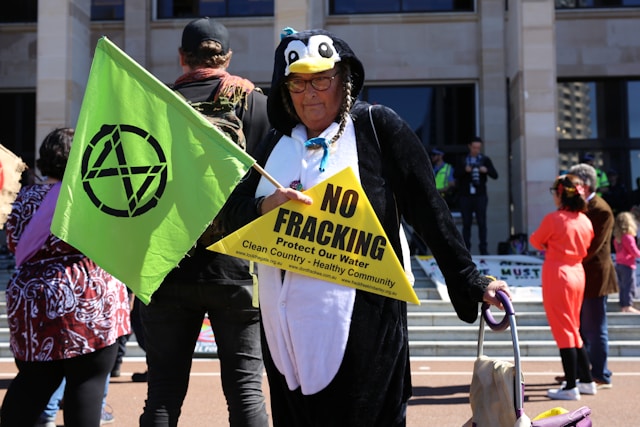By Alexandra Topping / The Guardian
Sexual harassment is a persistent and dangerous problem on Britain’s streets, women’s charities have warned, as a poll reveals that more than four in 10 young women were sexually harassed in the capital over the last year.
A YouGov survey of 1,047 Londoners commissioned by End Violence Against Women Coalition (Evaw) found that 43% of women aged between 18 and 34 had experienced sexual harassment in public spaces in the last year.
Despite a growing intolerance of unwanted sexual attention, harassment was still very common and made women feel unsafe particularly when travelling alone, said Holly Dustin, director of Evaw.
“Sexual harassment is so ingrained that we barely notice it, but when you start talking to women almost every one has a horrible story to tell: it’s time for society to stand up and put a stop to it.”
Schoolchildren as young as 12 were being targeted, she said, with previous research for the group revealing that one in three girls in UK schools had experienced unwanted sexual contact.
Dismissing sexual harassment – from unwanted comments on the street about appearance to groping – as “harmless fun” or complimentary was dangerous, she added.
“Sexual harassment has a real impact on women’s lives, whether it is changing their behaviour or whether they feel safe on the streets,” she said.
“It feeds into a fear of rape and sexual violence and has a harmful effect on broader issues of equality.”
The poll also found 31% of women aged 18 to 24 experienced unwanted sexual attention on public transport and 21% of 25- to 34-year-olds. Overall, 5% of the women surveyed had experienced unwanted sexual contact on public transport.
Fiona Elvines, of South London Rape Crisis, said it was rare to meet a woman who had not suffered street harassment. “Women manage this harassment every day, in their routines and daily decisions – but it has an impact on their self-esteem and body image,” she said. “Women are saying that there are consequences to this, and it’s time to start listening to them.”
In a recent case, Lee Read, 23, was jailed for 28 months after groping four women and an 11-year-old girl. He put his coat over his lap before grabbing women’s legs. In the most serious attack, he grabbed the leg of a woman in her early 20s on the London underground, before forcibly grabbing her between the legs.
Campaigners say women globally are increasingly challenging unwanted sexual attention, using social media to bring harassers to account. Vicky Simister, the founding director of Ash – the UK Anti Street Harassment Campaign, said the issue was not restricted to London and called for a national survey. Authorities could take steps to make a significant difference to women’s safety, she added.
“Local councils and the police need to convey a strong message that this behaviour will not be tolerated by perpetrators. A good example was the ‘Flirt/Harass: Real Men Know the Difference’ poster campaign by Lambeth council in partnership with the Metropolitan police, which conveyed a no-tolerance message.”
Hollaback – a website where women who have received unwanted sexual attention or harassment can share stories or photographs of their harassers – has activists in 50 cities in 17 countries around the world.
“Whether it is unwanted sleazy comments or violent sexual assault, street harassment is an epidemic in London,” said Byrony Beynon, a co-director of Hollaback London. “But there is definitely a groundswell of people saying this is not on, it is not acceptable. Women are taking back the power they felt was taken away from them in that moment of harassment.”
The organisations are calling for a public awareness campaign on transport networks, similar to signs that discourage passengers from eating smelly food or putting feet on seats. “We are asking for training for transport staff to help them deal with these incidents and serious police intervention when it is needed,” said Dustin of Evaw. “But we are also asking for the wider community to recognise this is not acceptable and speak out against it when they see it happening.”
From The Guardian: http://www.guardian.co.uk/lifeandstyle/2012/may/25/four-10-women-sexually-harassed



